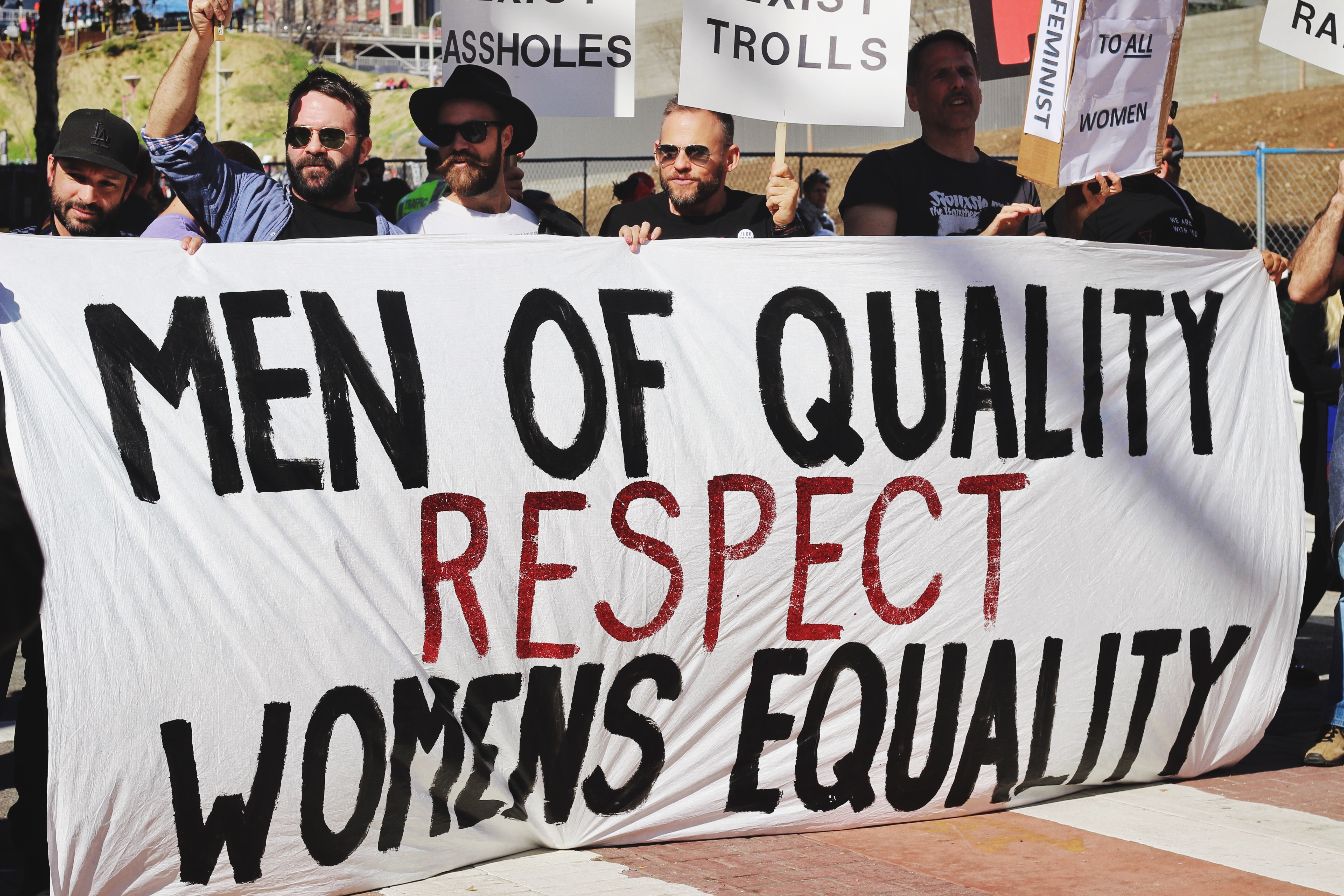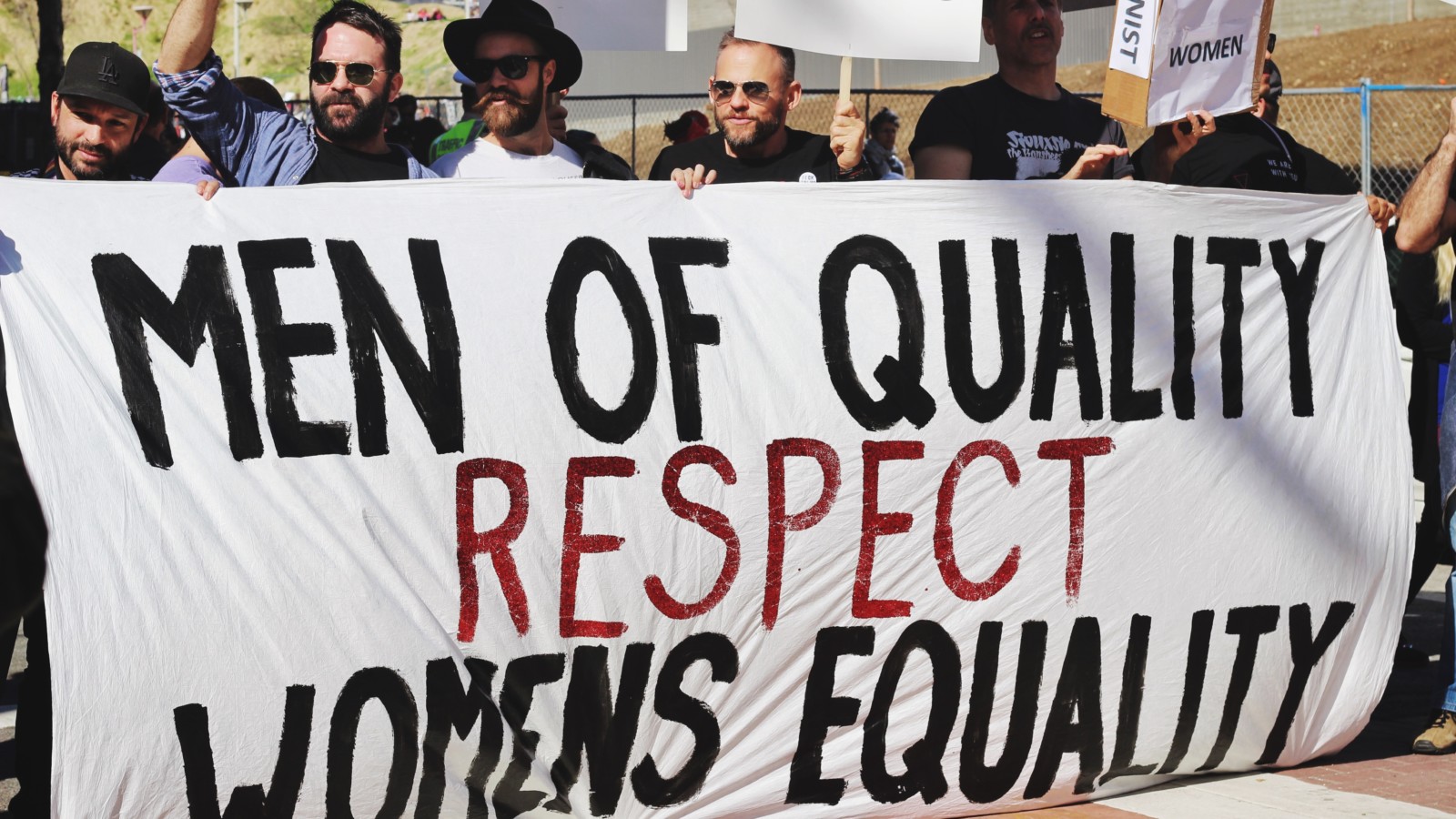
Originally a force for good, the social justice movement has been hijacked by extremists who are fighting each other in a death-spiral to see who can be the most “woke”.
Often, people oppose genuine social justice because it dispossesses them from their own version of what’s “right” and “correct”.
Social justice is no longer in the liberal domain; conservatives tried to hijack it with Trumpism, but until sensible liberals take the movement back, the reputation of social justice will continue to be drug through the mud.
The United States may be called the “land of the free and home of the brave,” but there are injustices in every facet of society. It seems that locally and globally we are even more divided in recent years, though that may be just because long-buried beliefs are finally rising to the surface in plain view of everyone.
The concept of “social justice” encompasses myriad issues, including racism and discrimination, healthcare, gender, sexuality, economics, and more. It’s challenging to present a complete definition, but for the sake of being concise, social justice is essentially equality and justice that exists beyond a legal system.
According to Human Rights Careers, here are five books that everyone interested in social justice should read:
A People’s History of the United States by Howard Zinn
Originally published in 1980, this book is now considered a classic. A People’s History looks at American history from the time of Columbus to President Clinton’s first term through the perspective of groups overlooked in classrooms: women, African-Americans, native Americans, immigrants, and others. Zinn rightly shows how many of America’s greatest victories such as the women’s right to vote, fair wages, and the 8-hour workday came about because of the persistence of these undermined populations. In case you’re worried it’s out of date, it’s been revised frequently throughout the years.
Freedom Is a Constant Struggle: Ferguson, Palestine, and the Foundations of a Movement by Angela Y. Davis
This book may be short, but don’t be deceived: it’s packed with essential insights from a figurehead of social justice causes. In this collection of essays, Davis explores the intersection of black feminism, prison abolitionism, and more through a historical perspective and analysis of today’s injustices found in places like Ferguson, Missouri and Palestine. Davis is no stranger to the struggle; since the 1960’s, she’s been fighting the good fight, so her words ring true, loud, and clear
Bad Feminist by Roxane Gay
Roxane Gay’s collection of essays proves that both seriousness and humor have a place in the social justice movement. Her razor-sharp writing tackles everything from her love of the color pink to women who love Chris Brown. What does the title mean? In a 2014 interview with Time, Gay explained that each essay strives to show how feminism influences her life “for better or worse.” One of the key takeaways of the collection is that like humanity, feminism is flawed. Gay, with her honesty and insight, is one of this generation’s most important voices. Her other publications include Hunger: A Memoir of my Body and Difficult Women.
Just Mercy: A Story of Justice and Redemption by Bryan Stevenson
This non-fiction book reads like a narrative and that’s really what it is – a true and important story. As a young lawyer heading up the Equal Justice Initiative, Stevenson found himself taking on the case of Water McMillian, a man on death row for a crime he says he didn’t commit. Just Mercy tells the story of Stevenson working through legal policy and becoming personally transformed by Walter’s case. For anyone interested in prisoner rights and the inner workings of the industrial-prison complex, this is a must-read. Published in 2014, the book won a slew of awards including the Carnegie Medal for Excellence in Nonfiction. It is currently being adapted into a film starring Michael B. Jordan as Stevenson.
On the Other Side of Freedom: The Case for Hope by DeRay McKesson
Activist DeRay McKesson’s book begins in 2014, when at 29-years old, he protested with hundreds in the streets of Ferguson. This sparked a fire which led to the creation of the Black Lives Matter movement. McKesson, a leader in the group, uses his book’s pages to outline the structure for a new liberation movement. He also explains why organization and action on a large scale is so important as well as new elements of protest, such as technology. The Case for Hope is both an inspirational cry and a practical guide, which are things this time in history needs.
Jerry Nelson is an American writer living the expat life in Argentina. You can find him at any of hundreds of sidewalk cafes and hire him through Fiverr, join the quarter-million who follow him on Twitter or contact him at [email protected]
Header image by Samantha Sophia on Unsplash


